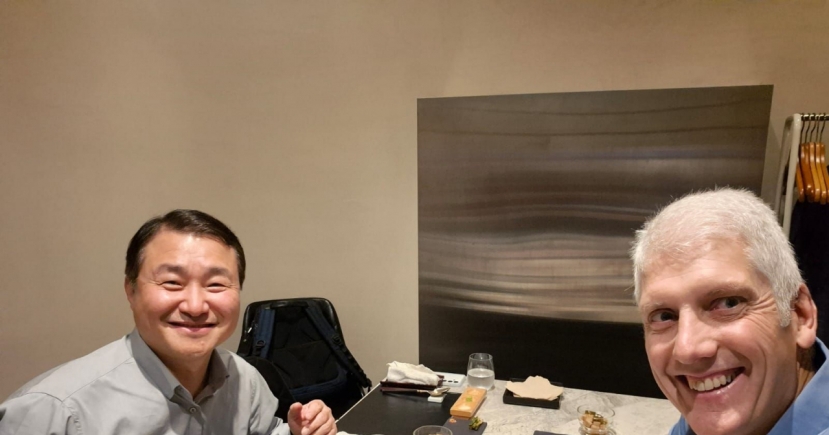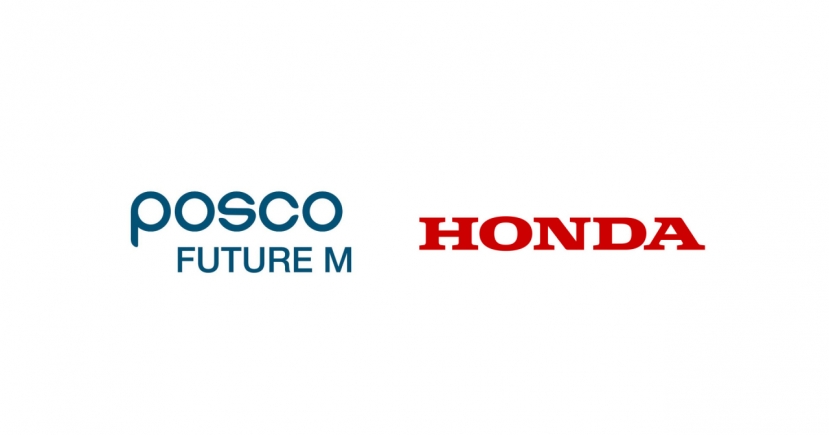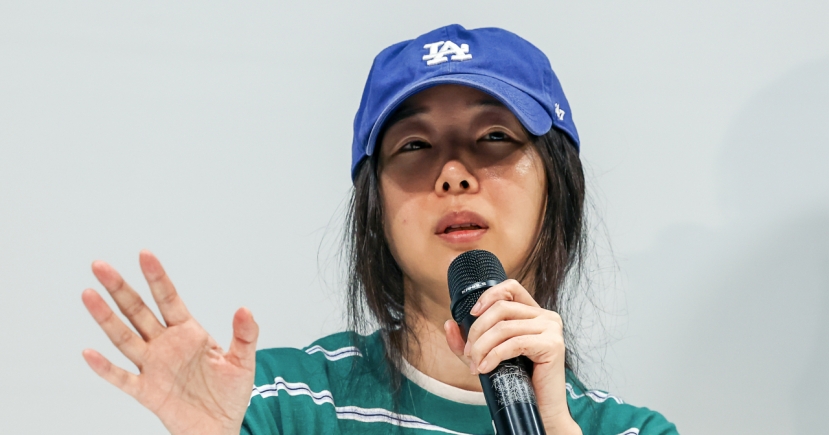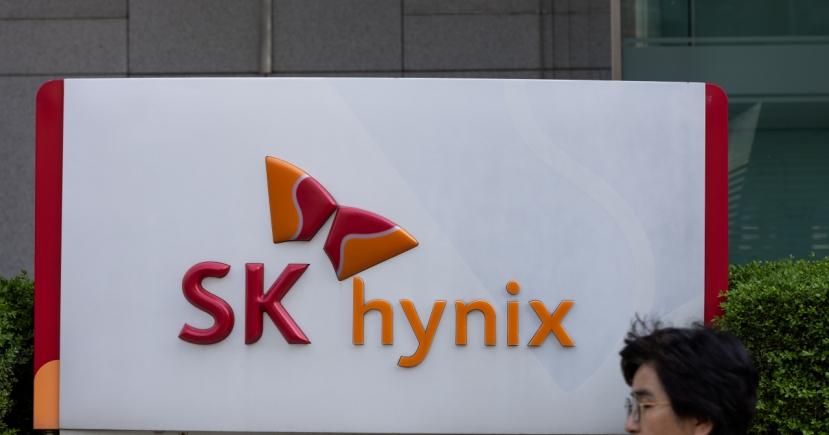Automobiles
Hyundai Motor develops heat resistant catalyst technology
[THE INVESTOR] Hyundai and Kia Motors, South Korea’s two biggest auto manufacturers, succeeded in developing a catalyst that can withstand heat up to 900 degrees Celsius, dubbed the Cu-LTA, the firm said on Jan. 23.
“The latest research is meaningful in that we can now spearhead the transformation of the internal combustion engine to an eco-friendly one with self-developed air purification technology,” a company official said.
 |
Hyundai, Kia Motors researchers examine the catalyst used in a device that reduces gas emissions. Hyundai Motor |
The local automakers and a team of researchers led by professor Hong Suk-bong at Pohang University of Science and Technology jointly developed the Cu-LTA used by the Selective Catalytic Reduction device detached in diesel vehicles.
The eco-friendly device reduces gas emissions by changing nitrogen oxide into water and nitrogen that is harmless to humans, the auto maker said.
“The Cu-LTA can withstand heat that is 150 degree Celsius higher than the previous catalyst,” Hyundai, Kia Motors highlighted in a statement.
According to the company, the improved performance of the catalyst is the best on the market so far, as it ensures safety in all temperature ranges seen in diesel car engines.
When commercialized, the Cu-LTA is widely expected to expand the usage of the engine and enhance fuel efficiency, it added.
The firm can also reduce money spent on the current catalyst that comes with a high price tag and cash-in on royalty fees of the new material.
The research team is in the process of applying for patents worldwide.
It plans to continue research on commercialization of the technology with related academia and industry officials.
The Angewante Chemie, a prestigious scientific journal, introduced the latest research through its online journal.
By Kim Bo-gyung/The Korea Herald (lisakim425@heraldcorp.com)








